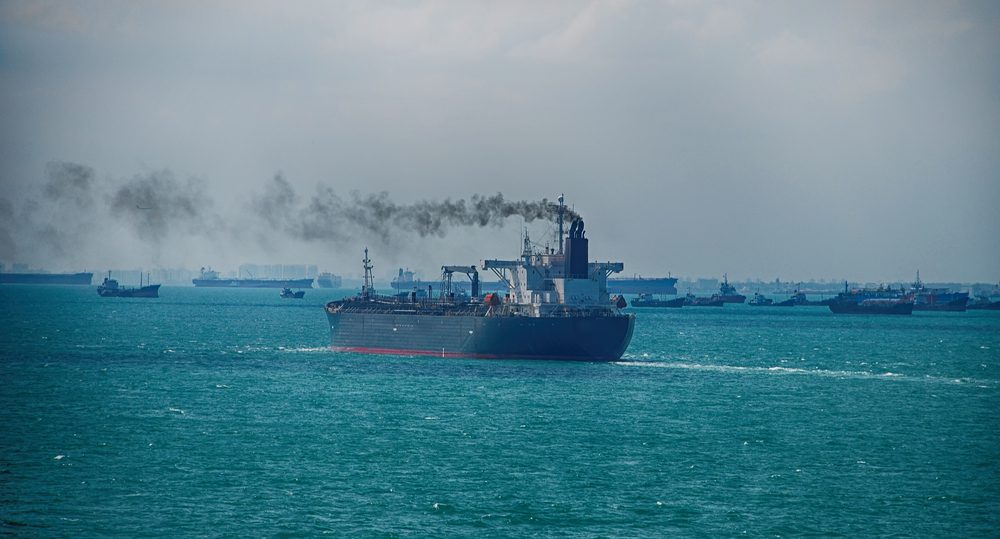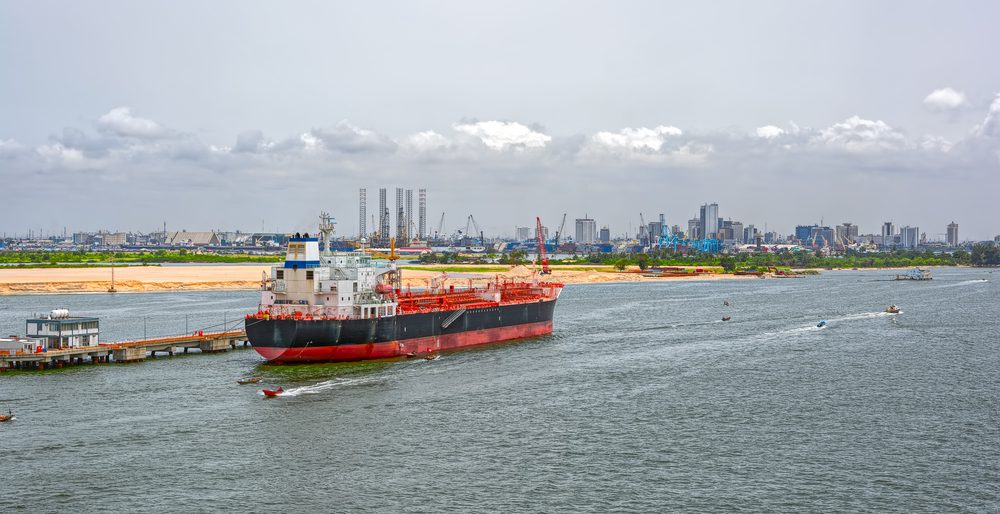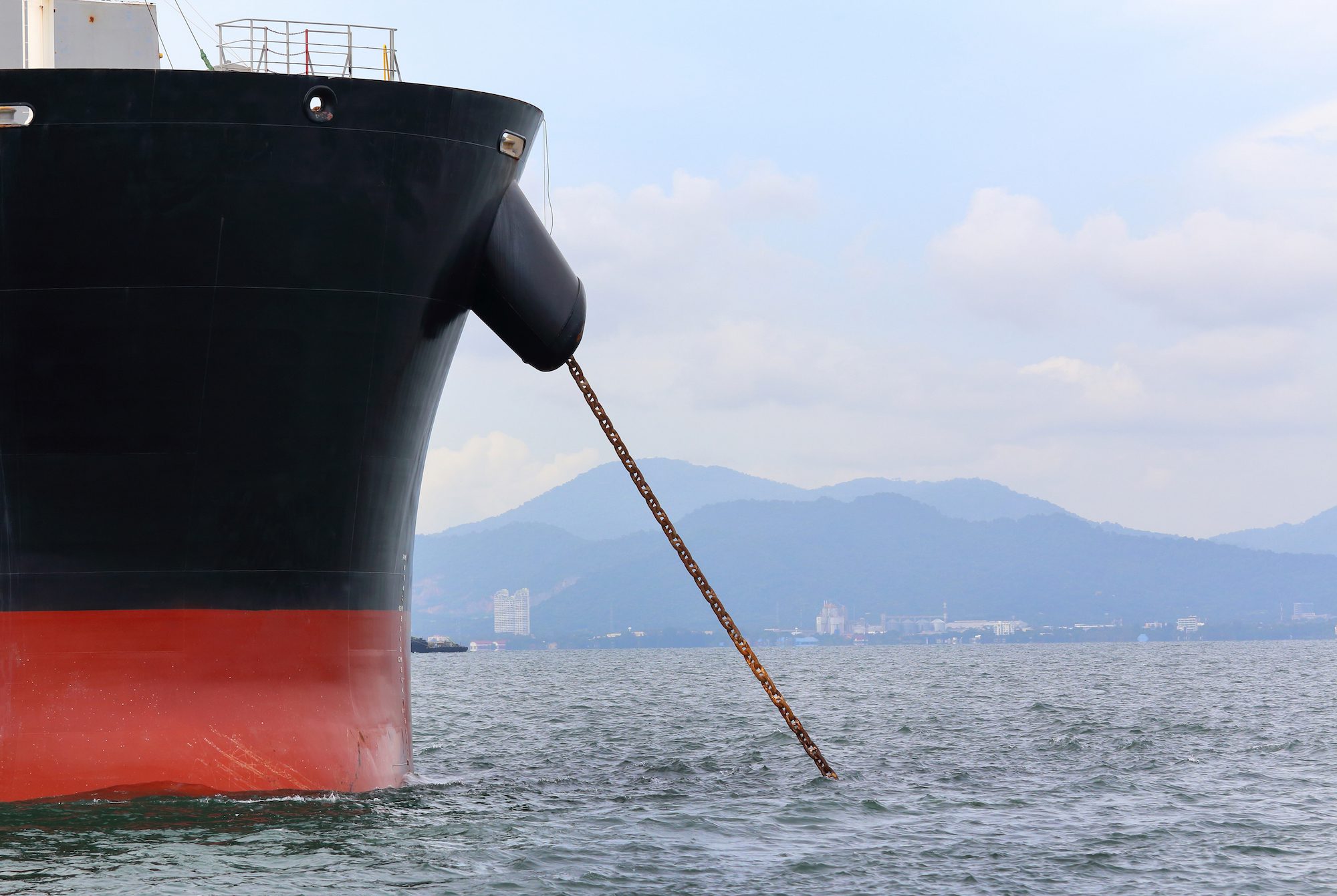The Danish government has announced an agreement prohibiting the discharge of scrubber water from ships into Danish territorial waters, effective from July 1, 2025.
A growing number of ships are using exhaust gas cleaning systems, or “scrubbers,” to meet the International Maritime Organization’s 2020 global fuel sulfur limit. Open-loop scrubbers, which use a buffer solution to remove sulfur from exhaust and discharge the washwater overboard, can result in more acidic seawater and the release of harmful substances like PAHs chemicals, particulate matter, nitrates, nitrites, and heavy metals.
Denmark’s ban will significantly decrease the discharge of these substances into the marine environment, with reductions of up to 20 percent for nickel and 7 percent for anthracene, according to the Danish Ministry of the Environment.
“Scrubber water discharges a number of problematic substances which accumulate on our seabed and are absorbed into the ocean’s food chains and end up in the fish we eat,” said Environment Minister Magnus Heunicke. “The discharge of environmentally hazardous substances comes from many different sources, but scrubber water is a source about which we have a lot of knowledge and data, and therefore I am happy that we are now putting an end to the pollution with scrubber water in Danish territorial waters.”
Under a new agreement, ships are required to switch to low-sulfur fuel or closed scrubbers with zero emissions by 2025 for open scrubbers and 2029 for closed scrubbers. The residual product from these scrubbers must be delivered to port reception facilities.
According to the Convention on the Law of the Sea, a nation can regulate the sea area 12 nautical miles from the coast, while areas beyond are governed by international rules. Parties to the agreement agree that Denmark should also push for similar restrictions in the Baltic and North Seas through regional sea conventions, with the goal of regulation under the UN International Maritime Organization (IMO).

 Join The Club
Join The Club











